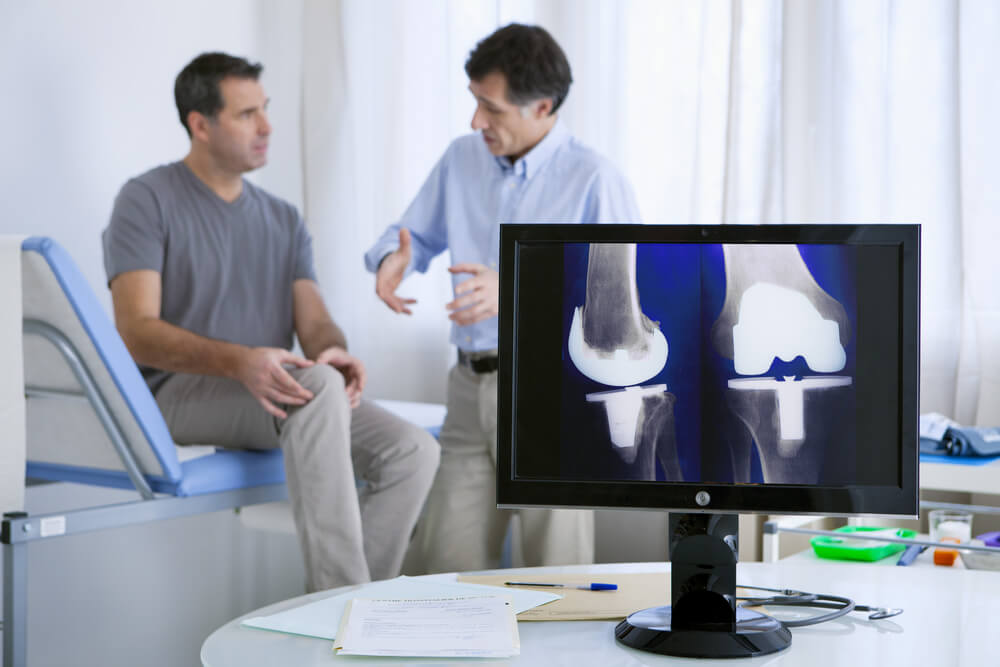Before surgery, lots of tests will be needed to know if you are fit and ready for the operation. Your doctor will need to:
- Take a full medical history from you
- X-rays
- Blood tests
- Do a full physical examination
- Other tests
These will ensure that your body is ready for the operation.
Any medication you are taking will be taken into consideration as well, as it may affect your body or with other medicines prescribed to you.
TREATMENT
After surgery, it is advised not to walk yet. You can prepare crutches or walking aids for a few weeks after the surgery. Doctors recommend making these even before the surgery for they will immediately be used once you are done with the operation.
After surgery, there may be extreme pain. Medications will be provided to manage the sensation and to prevent the blood from clotting.
You may start physical therapy a few days after the surgery.
At home, it is best to stay on the ground floor and to avoid going up the stairs.
In the comfort rooms, it is best to have handles around the toilet or shower to lean on when you’re using them. If not, a chair would suffice.
Are there complications from Knee Joint Replacement?
Any operation carries the complications of infection, clotting, and other side effects. Only a few patients who have undergone knee joint replacement experience these complications:
- Wearing out of the artificial knee over time
- Bleeding and blood clots
- Stroke
- Heart attack
- Knee stiffness
- Nerve damage located in the knee
For patients who have artificial joints, the infection may occur so beware because it will be removed and operated again if severely infected.


